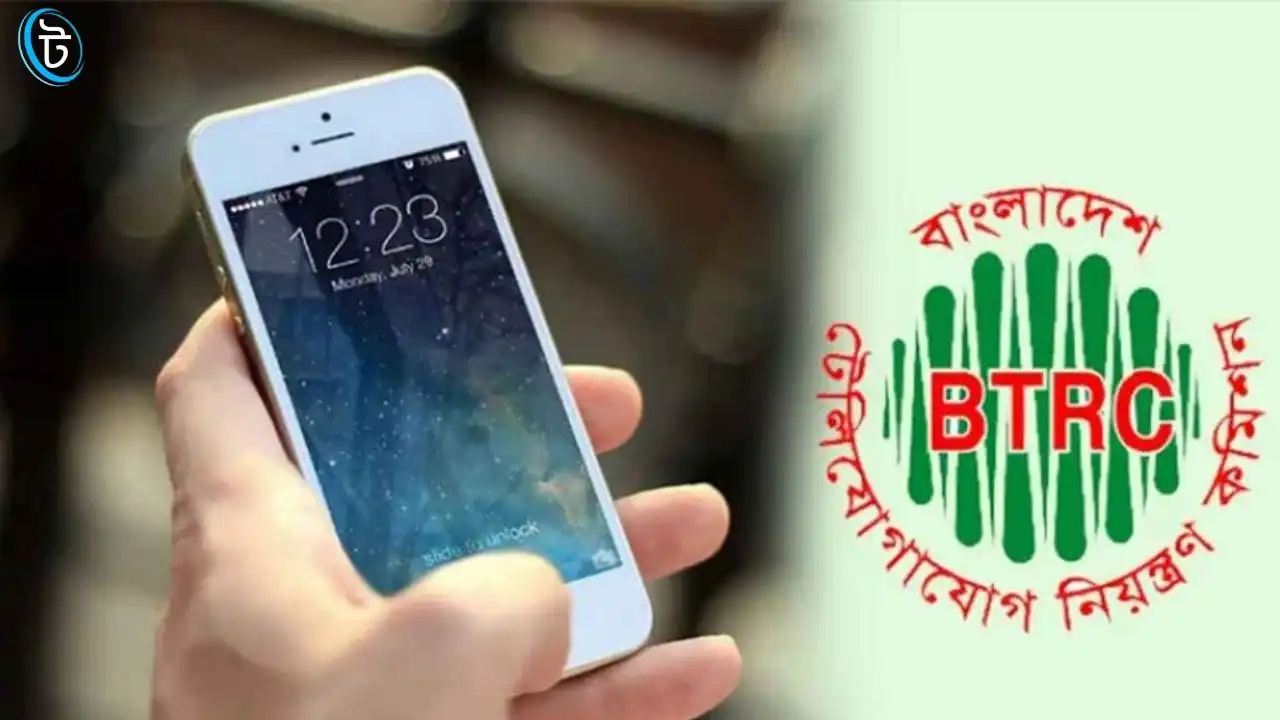Sweet, juicy, and packed with nutrients — mango is not just a summer favorite for adults but also a fantastic fruit for babies. Parents often wonder, “Is mango safe for my baby?” or “When can I introduce mango to my child?” In this article, we’ll explore the benefits of mango baby food, how to prepare it safely, and why this tropical fruit is a delicious way to support your baby’s development.
Read –Baby Food Without Sugar: Healthy & Safe Ideas for Your Little One
Why Mango Is Great for Babies
Mango is often called the “King of Fruits” — and for good reason! Here’s what makes mango ideal for babies:
| Nutrient | Benefit for Baby |
|---|---|
| Vitamin A | Supports eye development & immunity |
| Vitamin C | Boosts iron absorption & skin health |
| Fiber | Aids digestion and prevents constipation |
| Antioxidants | Supports brain and cell development |
According to Healthline, mango is rich in carotenoids which play a key role in early immunity.
When Can Babies Eat Mango?
Most pediatricians recommend introducing mango at around 6 months, once your baby is ready for solids.
-
Start with small mashed portions
-
Choose ripe, soft mango without strings
-
Avoid mango peel as it may cause irritation
️ How to Prepare Mango Baby Food
Basic Mango Purée (6–8 months)
-
Peel a ripe mango
-
Slice and mash with a spoon or blend
-
No sugar or additives needed
Mango Rice Blend (8+ months)
-
2 tbsp cooked rice
-
3–4 tbsp mango puree
-
Blend for texture; serve lukewarm
Mango-Banana Smooth Mash (8–10 months)
-
½ ripe banana
-
3 tbsp mango puree
-
Stir together — sweet and filling!
When to Avoid Mango for Babies
You may want to wait or consult your pediatrician if:
-
Baby has eczema or family history of allergies
-
Baby experiences rash around the mouth after mango
-
Baby is under 6 months
Also, avoid unripe mango or processed mango juice.
✅ Expert Feeding Tips:
-
Introduce mango as a single-ingredient food first
-
Use a silicone feeder if baby prefers sucking over spoon feeding
-
Mix with oatmeal or yogurt to increase variety
❓ FAQ
Q1: Can mango cause allergies in babies?
Answer: It’s rare, but some babies may react to mango skin. Always introduce a small amount and monitor for 24 hours.
Q2: Is mango good for baby constipation?
Answer: Yes! Mango has natural fiber which helps ease bowel movements.
Q3: How much mango can a baby eat per day?
Answer: For 6–8-month-old babies, 2–4 tablespoons of mango puree per day is safe.
Conclusion
Mango isn’t just a sweet treat — it’s a nutrient-rich, immunity-boosting, digestion-friendly fruit perfect for babies starting solids. With the right preparation, mango baby food can be a flavorful addition to your baby’s first meals.
Read-Baby Food Feeders: Safe, Smart & Stress-Free Feeding Guide!









